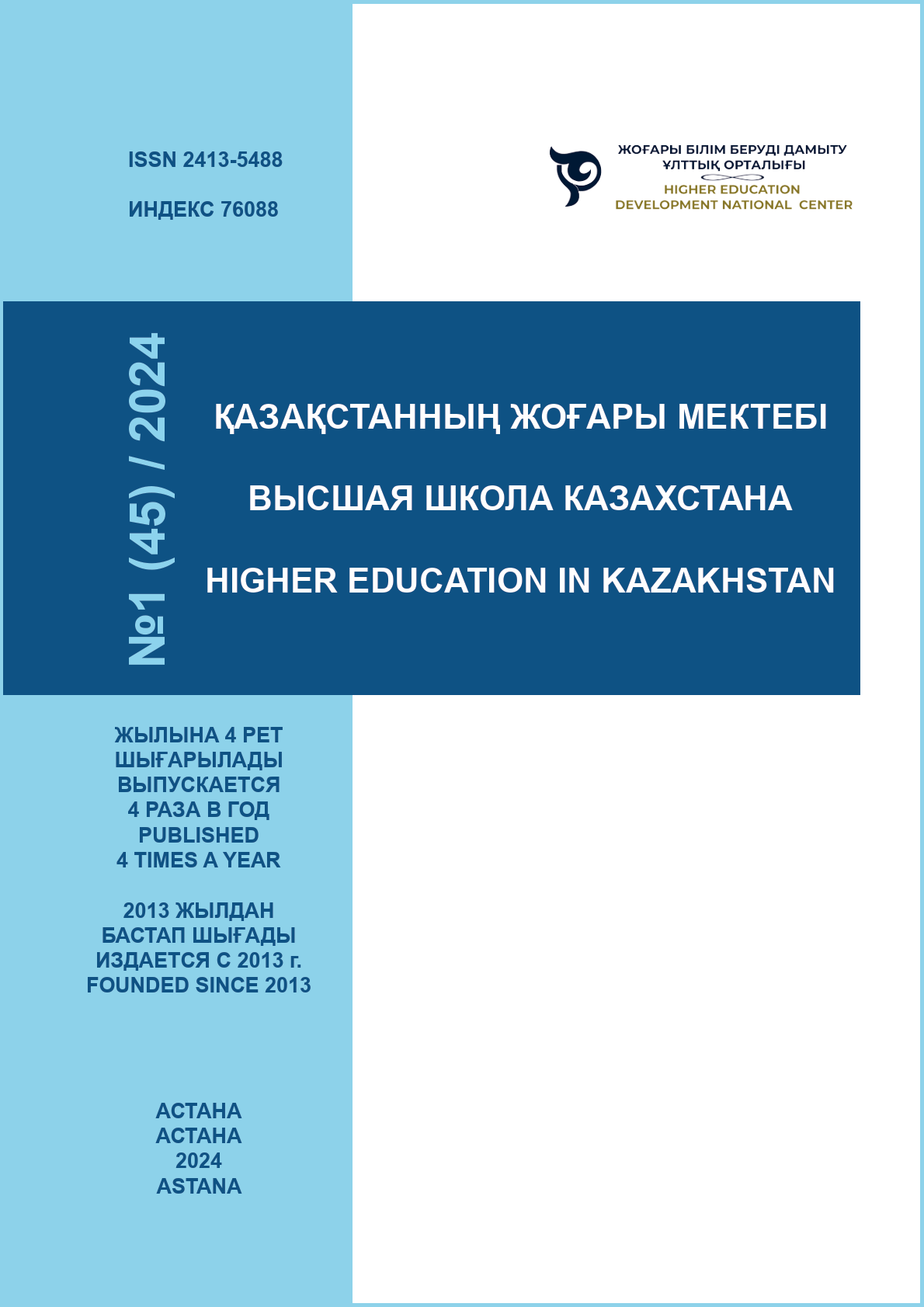COOPERATION OF CORPORATE UNIVERSITIES WITH ORGANISATIONS FORMAL EDUCATION
DOI:
https://doi.org/10.59787/2413-5488-2024-45-1-43-56Keywords:
training organisations, professional development, microqualification, educational services, а practice-oriented, competitiveness, a partnership, employmentAbstract
The article analyses the role of corporate universities in the development of modern system of continuing education on the example of developed countries of the world. Historical and regional differences in the functioning of corporate universities and their relationship with traditional universities are studied. The article analyses recent academic articles and practical literature to examine the formation and development of corporate universities using a literature review methodology. The literature collection involved the selection of diverse electronic resources. Academic journals were analyzed for articles using the keywords "corporate univerities", "corporate education system in different countries", "non-formal education" and "main activities of corporate universities" in the title, keywords or abstract. The importance of interaction between corporate university and formal education organisation has been identified. Thus, the aim of this paper was to provide a perspective on the co-operation of corporate universities with traditional universities.
The evidence of the importance of this relationship is that in the results analysed so far, repeated attention is drawn to the need for links between both institutions. One of the most valuable points is that the two institutions will not compete but complement each other. It is proposed to introduce short courses in formal educational institutions to obtain microqualifications at the request of the corporation, to compile a catalogue of microqualifications taking into account the requirements of regional corporations or organisations in order to train learners precisely taking into account regional needs. According to experts' forecasts, the introduction of microqualifications educational technology will also change the market of educational services on a global scale.






